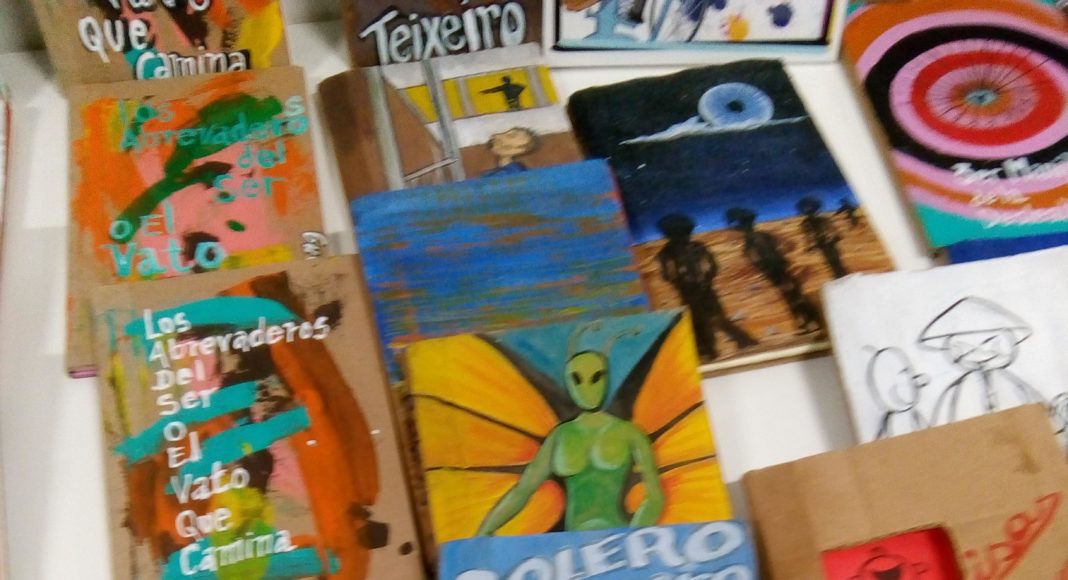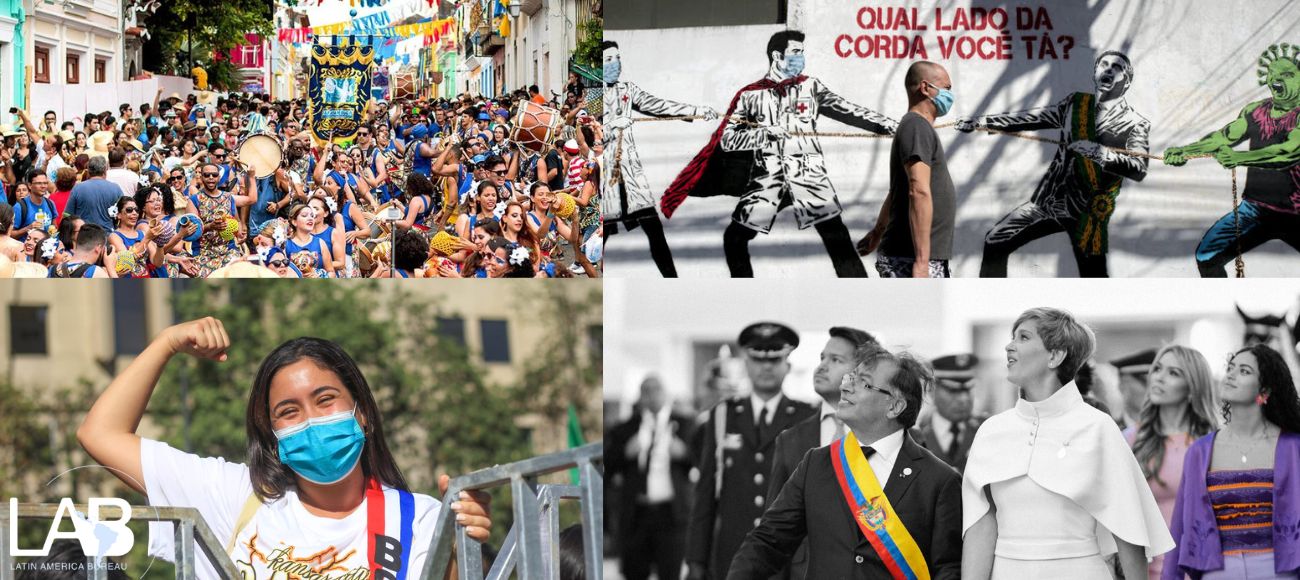Cartonera books – cheap books with cardboard covers and photocopied texts – were originally a by-product of the Cartonero movement in Argentina, when people from the shanty towns travelled into Buenos Aires and other big cities in the wake of the 2001 economic collapse to collect and sell cardboard and other waste left on the streets.
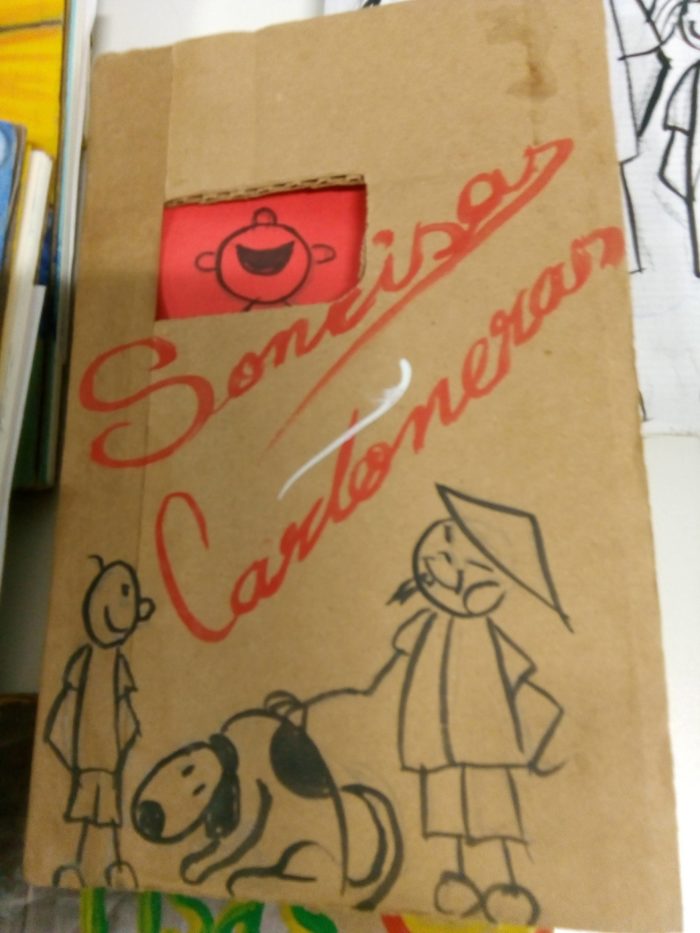
In Argentina, the idea of using cardboard to back books with began with the writer Washington Cucurto, who set up the Eloisa Cartonera co-operative to produce art books from waste.
In recent years, the cartonera book publishing idea has spread to other countries in Latin America, including Brazil and Mexico, leading to the production of dozens of highly-coloured, cheap editions.
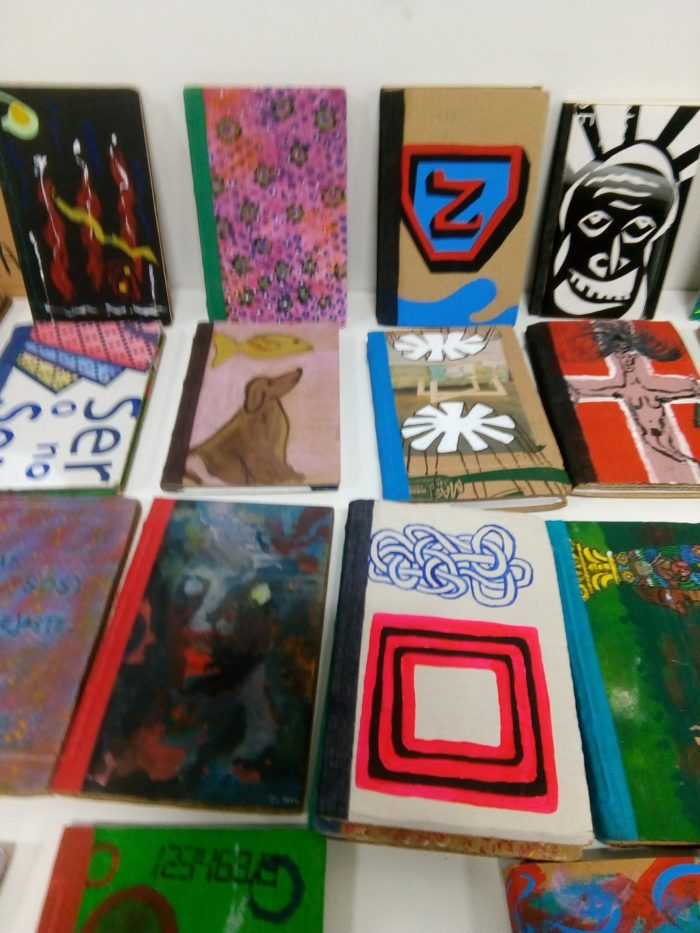
One of its main promoters in Mexico, Sergio Fong, explains how the cartonera idea fits in with cultural efforts already existing in his country:
‘There’s been a strong counter-culture in Mexico since the 1980s. We’ve published magazines and gone out to communities to help them write their own stories. So the idea of making complete books was very appealing. We’ve been doing this for more than ten years now.’
Sergio Fong is based in Guadalajara in the state of Jalisco, where the La Rueda bookshop is a centre for producing cartonera books.
‘We organise workshops, or go out and visit neighbouring communities. We show people how easy and cheap it is to produce a work of their own they can be proud of.’
One example of how cartonera publishing reaches new participants is their involvement with women inmates in the Jalisco state prison.
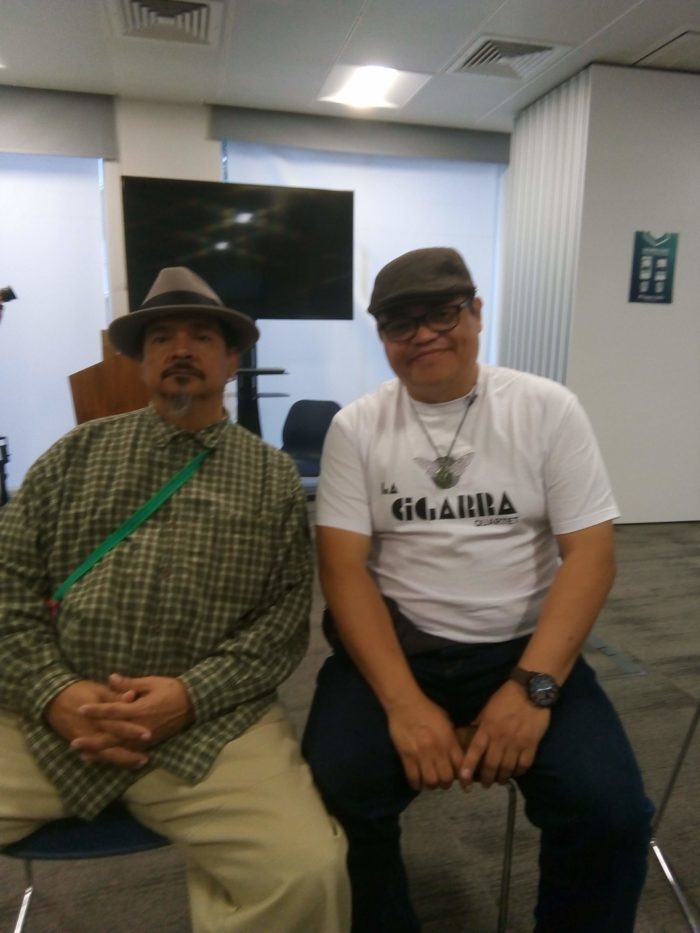
‘The women prisoners were very enthusiastic about the idea,’ says Isra Soberanes, another of the project leaders. ‘They began to produce cardboard books and called the series Viento Cartonero. Making the books allowed them to think about and tell their own individual stories, how they ended up in prison. It became an important part of their rehabilitation efforts.’
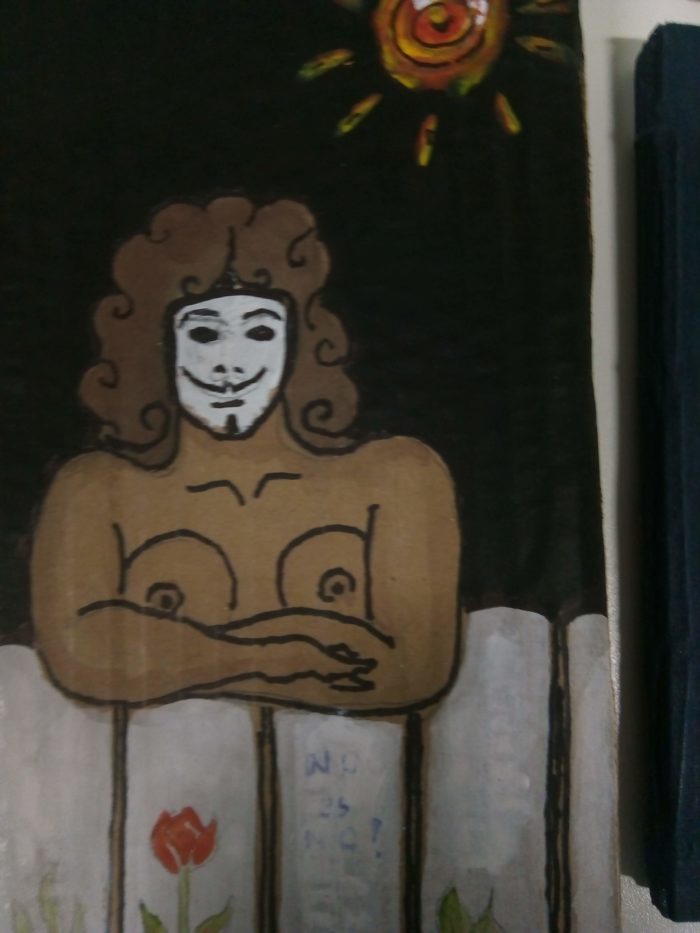
The Cartonera publishers receive no money from any Mexican government agencies, relying entirely on the funds they raise from the sale of their books.
Anartistas
‘We’re not directly political,’ insists Fong. ‘But we’re very aware that the government doesn’t do anything to reach out to a lot of communities in Mexico, and so we try to encourage them to take things into their own hands. The initiative has to come from below, to help reinforce their identity in a very direct way.’
We’re not anarquistas, we’re anartistas!
Sergio Fong, Guadalajara
The creators of these cartonera books range from established writers to members of writing and literacy groups, especially among speakers of the many native languages in Mexico.
The work of the Cartonera movement was showcased in London in mid-September 2019, with workshops where participants could make their own books, and provide cardboard covers for texts.
As well as the Mexican example, two of the workshops highlighted work done in Brazil. One workshop was facilitated by the cartonera publishing collective Dulcinéia Catadora from São Paulo, focussing on their recent work on access to housing with the Frente de Luta por Moradia (Movement for Just Housing).
Another Brazilian collective represented was the Catapoesia group from Minas Gerais, who work with children and young adults in rural communities through their Conto que conta (Tale that Tells) approach.
The London festival, from 17-20 September, was organised by Maria Castrillo and the University of London’s Senate House Library together with academics from Durham, Surrey and London universities. The British Library hosted one of the workshops.
One of the organisers, Maria Castrillo, explains that the Senate House Library already has a large collection of Cartonera works, helping to preserve them and make them accessible to readers in Britain.
‘We’d love to set up a cartonera collective here among the Latin American community,’ she adds. ‘It’s a way of democratising access to books and promoting literacy that is available to everyone.’
It’s a way of democratising books and promoting literacy that is available to everyone
Maria Castrillo, Senate House Library
The Senate House Library Cartonera Publishers Collection has been fully catalogued and can be accessed in the Library’s Special Collections Reading Room. Over the coming months we hope to continue adding new titles to reflect the full spectrum of the cartonera publishing movement across Latin America and other parts of the world. In addition, the Library will continue to work with its Cartonera Publishing project partners to promote the collection via workshops and other public engagement activities.

